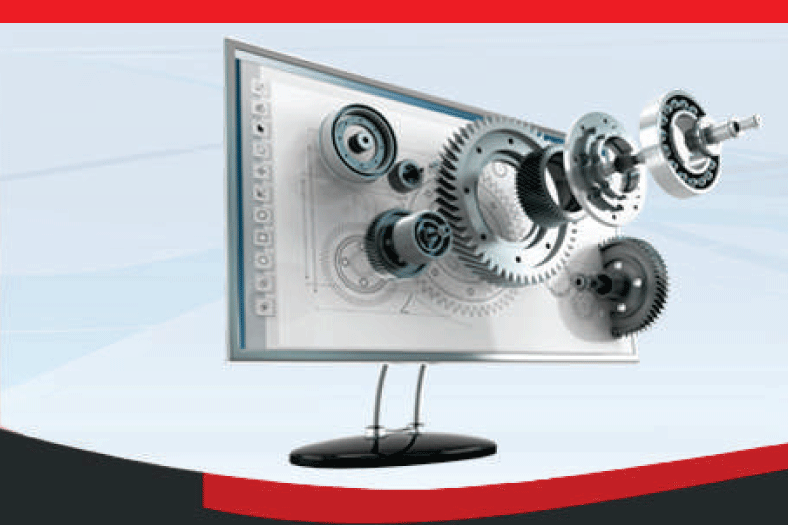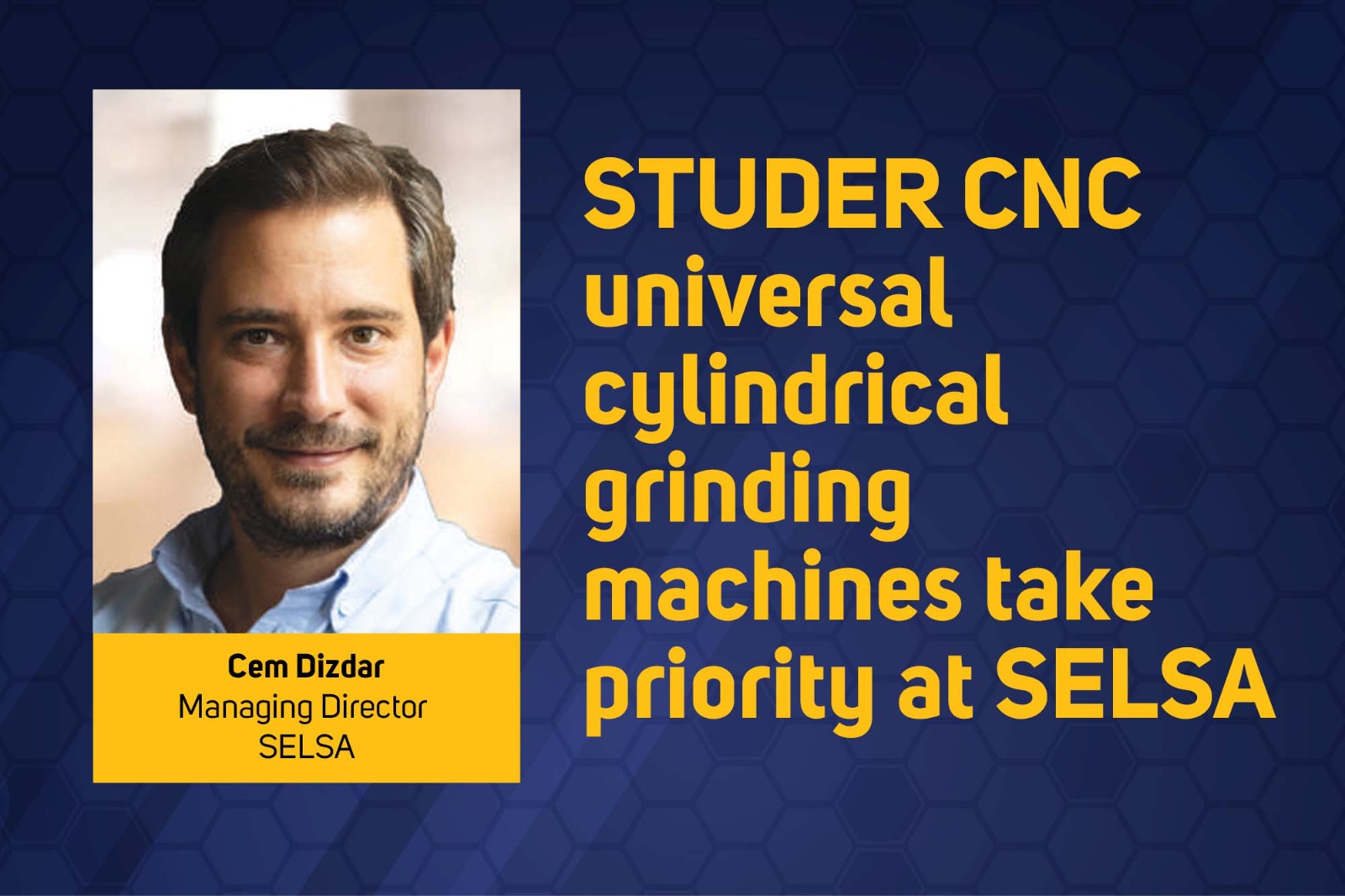Customising, designing and manufacturing industrial radiators
By OEM Update Editorial April 13, 2019 12:36 pm IST
DesignTech Systems collaborated with the North American based world leading industrial radiator manufactures to optimise their radiator designs and provide design-for-manufacturing assistance to their manufacturing counterparts in North America and China.
Collaboration with DesignTech
Each of the client company’s radiators are designed and manufactured to suit the requirements of their clients’ specific needs considering the engines they use and the functional requirements. Hence, every radiator is unique and customised. Considering the competitive scenario and pressure of shortening their design and manufacturing timelines, the client company felt the need to review and redefine their design and manufacturing processes. Also, the costs incurred in manufacturing every single unique unit was substantially high, which necessitated them to also go for part communication and design optimisation. Design-for-manufacturing was another critical area for them since the manufacturing was going to be done either in North America or China. Another significant aspect of this was to get designs right the first time, considering the humongous costs required for the rework, which might even result in forfeiting the entire product.
They evaluated several potential partners, but DesignTech met all their criteria pertaining to capabilities and competencies possessed, experience in mechanical engineering projects, and price point at which the services were offered. Seeing the quality of DesignTech’s work and turnaround time, a JV was proposed and entered into, signing and authorising DesignTech Systems as their exclusive design partner in India.
Challenges
Restricted experience of working on unique standards: DesignTech team had not worked exclusively on designing unique industrial radiators based on customers’ distinctive requirements. This required every radiator to be designed specifically to match every customers’ standards and objectives. This was a highly specialised job that required lot of customisation.
The team had to collaborate extensively with the client company to understand the specifications and work on the critical design aspects based on the insights provided to deliver successful results.
Cross continent communication and coordination: Project necessitated the team to communicate and coordinate with the parties in North America and their manufacturing counterparts in China. The transactions required sharing of detailed BOMs and manufacturing drawings to be submitted to North America and China manufacturing unit that would enable them to manufacture the radiators seamlessly.
Unawareness of customer manufacturing procedures: Considering the uniqueness of every radiator design, design had to be done in such a way as to facilitate production in small quantities. Also, the manufacturing was to be carried out in North America and China, so excess care had to be taken to ensure precise and flawless design communication. During the initial stages, the team was oblivious to the manufacturing practices followed at both the manufacturing locations, thus making working on the design more challenging.
Working with double metrics systems: Different measurement systems followed by North America and China required DesignTech team to provide 2D drawings in Inches to North American client and in millimetres to China based manufacturing units. Even the minutest of the geometric error would have cost dearly if the provided 2D drawings contained incorrect geometric numbers and dimensions.
Faster turnaround time: In order to timely cater to their customers, the client expected shorter design cycles that
SolutionsKnowledge transfer: DesignTech technical team visited the client’s facility in North America to learn and understand in detail about industrial radiators and comprehend the scope of work. This visit helped them gather all the required information and knowledge about the design and manufacturing essentials and constraints that would help them work on the solution finding and redefine design process to meet the expected objectives of quality, standard, time and costs of development. Also, the team was able to visualise and understand the manufacturing processes being followed at the client’s end. This helped them perceive the necessary precautions to be undertaken and attention-to-details to be noted so as to not face any hindrances in manufacturing.
Dedicated server: Dedicated server helped share information and data without having to worry about security. Only the designated people had the access to that server, which ensured that data did not fall into the wrong hands or unauthorised personnel. Sharing information through server also ensured a single flow of communication without causing ambiguity and miscommunication.
Maintaining bi-metrics discipline: All the design data was stored and shared in both the metrics i.e. inches and millimetres to avoid any misunderstanding and keep the communication clear of all confusion.
Design automation: DesignTech design team automated certain design processes that contained standard or uniform parts. This was done using Autodesk Inventor and Visual basic. This relieved them of the repetitive work while also saving considerable time. Design automation helped them complete an otherwise 15 days’ job in astonishing five hours. This helped them deliver designs early to the client company thus realising their requirement of quicker turnaround time. This was particularly appreciated by the client.
Additional engagement
In addition, the team also helped the customer company design a lightweight frac tuck radiator that was significantly lighter than any available radiator in the market and helped customer gain majority market share in this competitive market. This new radiator design is one of the largest selling and preferred frac truck radiators in the market today.
Conclusion
Design automation enabled the client to achieve quicker turnaround time. With this the client could attain their product design and manufacturing objectives. Team’s willingness to learn about new product and maintain discipline in storing the data in double metrics added to the efficiency and effectiveness of the project delivery.
Thus, DesignTech’s contribution, quality of work produced, proficiency on software and expertise in design-for-manufacturing were highly appreciated by the client company.
Cookie Consent
We use cookies to personalize your experience. By continuing to visit this website you agree to our Terms & Conditions, Privacy Policy and Cookie Policy.
















